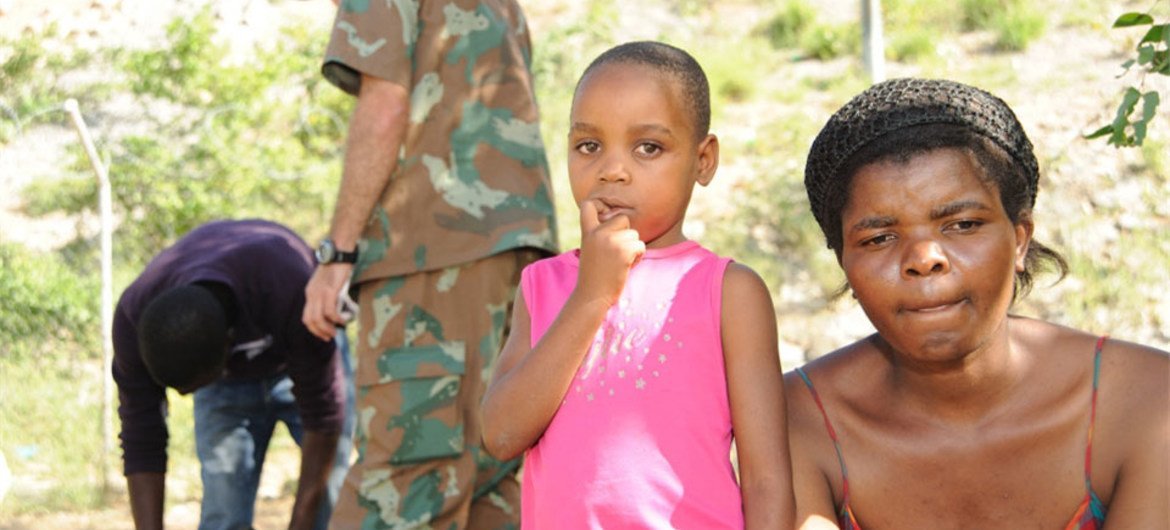
As part of the preparation of the Report on the World Social Situation 2017 on promoting inclusion through social protection, UNDESA DSPD is inviting experts on social inclusion and experts on social protection to serve as report advisors. Included among them are selected colleagues in other parts of the UN system as well as experts from academia and think-tanks.
The meeting will take place on 1-2 December 2016 at United Nations Headquarters in New York. It will provide an opportunity for these expert/advisors to bring input and suggestions for the report. Presentations by each expert, divided into two or three sessions, will be followed by a discussion of each session’s topic and by a more focused discussion on implications for the RWSS. The small-meeting format allows for greater interaction and more in-depth discussions between the report-drafting team and experts.
The experts/advisors have extensive expertise on the topics of social inclusion and/or social protection and their work has a broad geographical scope. They are also knowledgeable (if not part of) the UN system and of the 2030 Agenda.
Through their presentations and during the discussions, experts are specifically asked to help UNDESA DSPD answer the following questions:
- What are the main barriers to participation in social, economic and political life faced by youth, older persons, persons with disabilities, ethnic minorities, indigenous peoples and international migrants?
- What are the main barriers to the effective social protection coverage faced by members of each of these groups? Experts will be asked to provide evidence on specific barriers experienced by each of the groups listed in the report.
- How does social protection contribute to social inclusion? That is, what approaches to social protection are most effective in reducing the vulnerability and exclusion of members of these groups, in different country contexts? Which are best to promote their empowerment? Experts will be asked to provide concrete examples of best practices/success stories.
Presentations
- Lessons learned and best practices in providing social protection to indigenous peoples in Latin America and the Caribbean by Simone Cecchini
- The cost of closing national social protection gaps by Michael Cichon
- Can social protection enable social inclusion? by Maitreyi Bordia Das
- The Politics of Ethnic Inequalities by Rachel M. Gisselquist
- Lessons learned and best practices in providing gender-sensitive social protection to members of ethnic minorities in developing countries by Rebecca Holmes
- Report on the World Social Situation 2016 by Marta Roig
- Social protection for persons with disabilities by Maria Martinho
- Social Protection by Isabel Ortiz
- Social exclusion and access to social protection programmes by Stephen Devereux
- Social exclusion and social protection for older persons by Stephen Devereux
 Welcome to the United Nations
Welcome to the United Nations